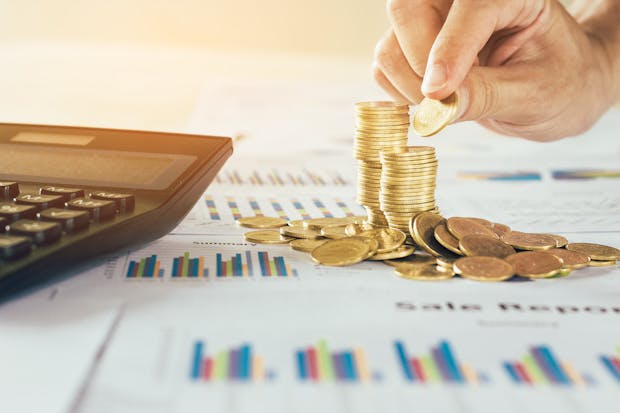which gold door do you choose?

which gold door do you choose?
imagine you’re on a game show. the host asks you to pick one of three doors. their promise? you win irrespective of the door you choose. because each door has gold behind it. and yet, there is a catch. not all gold is the same.
the thing about gold is that it is one of the safest investments one can make. it’s remarkably resilient. to give you just one example: its price went up 20% from February to May 2020. in the same period, the Indian equity benchmarks Nifty and Sensex were down nearly 18%. it’s also a hedge against inflation because it is less volatile than equities. this makes gold a must-have. but the question is which gold? the market has evolved to a place where one doesn’t need to buy gold bars or jewellery to hold the asset. there are different ways, three to be precise, to invest in gold today.
door number 1: physical gold
if you choose physical gold in the way of jewellery, you get to wear it and flaunt it. if it is a coin or a bar, it provides financial security on a bad day.
the catch: when you sell jewellery, you’ll lose some of your initial investment because of making charges. selling will return a good value and it will be close to market price but not the market price. there is also the cost of safekeeping and upkeep of this gold.
door number 2: gold ETF
ETF here means an exchange traded fund. Imagine owning gold like owning the stock of a company. every time the price goes up, the price of your stock goes up. when you sell, you always get the market price.
the catch: when you sell it, you pay tax. it is counted as capital gains. you also will have to pay a management fee depending on the platform or broker used to invest in this asset.
door number 3: sovereign gold bond
simply put, these are government securities translated to gold. it isn’t impacted by market prices, there is an annual 2.5% interest rate and on maturity of this bond, if you do decide to sell, you pay no capital gains tax.
the catch: This bond needs to be held for eight years. this means if you want the full benefit of this investment, you have to let it lie untouched for the entire period. but that doesn’t mean it is inaccessible. you can still encash your investment by paying capital gains tax just like you would for an ETF.
now, you have all the information. which door do you choose?



